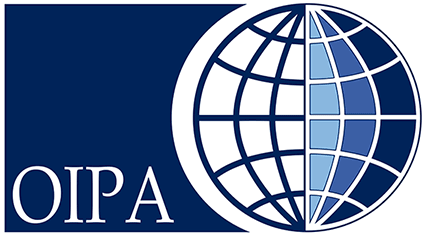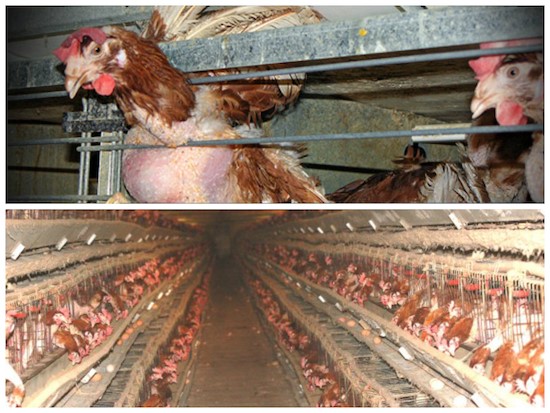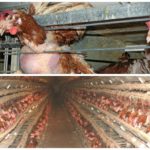Many international companies announced recently that they will stop using cage-eggs by the next decade, among them we find Nestlè (2020), McDonalds (2025), Burger King (2017), Subway (2025), Dunkin Donuts and many more.
Consumers are more and more interested about the quality of the food they eat, about the ecological impact of this food and as well of the animal conditions and rights, so big companies can not ignore this large part of market which will shift his consumption if the production doesn’t change for more sustainable directions.
Many animalist associations are lobbying and spreading information about the importance to shift to a more ecological and cruelty-free diet.
If big companies as McDonalds and Nestlè will change their supply chain, for sure many more smaller companies will follow this action to ensure to don’t lose consumers.
Nestle said it will stop using eggs laid by caged hens in its U.S. products by 2020, making it the largest packaged food company to go cage-free. Currently, none of Nestle’s U.S. egg supply is cage-free. The decision comes at a time when the food industry is under pressure from groups including the Humane Society of the United States, Mercy for Animals and World Animal Protection, which have successfully lobbied many companies to adopt animal welfare practices. World Animal Protection started last year a partnership with Nestlè, to ensure the highest possible levels of welfare for the rearing and caring of the millions of animals involved in global food production.
The transition to cage-free eggs is backed by Nestle’s current suppliers and the change is not expected to significantly increase the cost of eggs for Nestle. The United States is Nestle’s biggest market.
Both General Mills Inc and Kellog Co said earlier this year they will source 100 percent cage-free eggs by 2025.
It is possible that this commitment is just a way to raise again companies which are compromise since years and heavily criticised by consumers and associations because of they unsustainble productions and supply chain. By the way, if it is only a marketing operation or a real interest and commitment, hopefully it will end up with a good result for animal welfare.
Read more about farming, CLICK HERE





